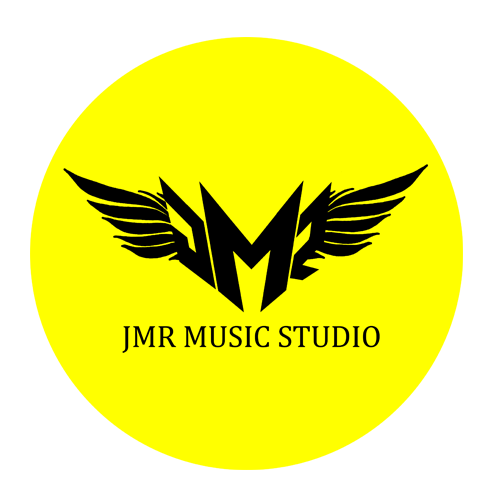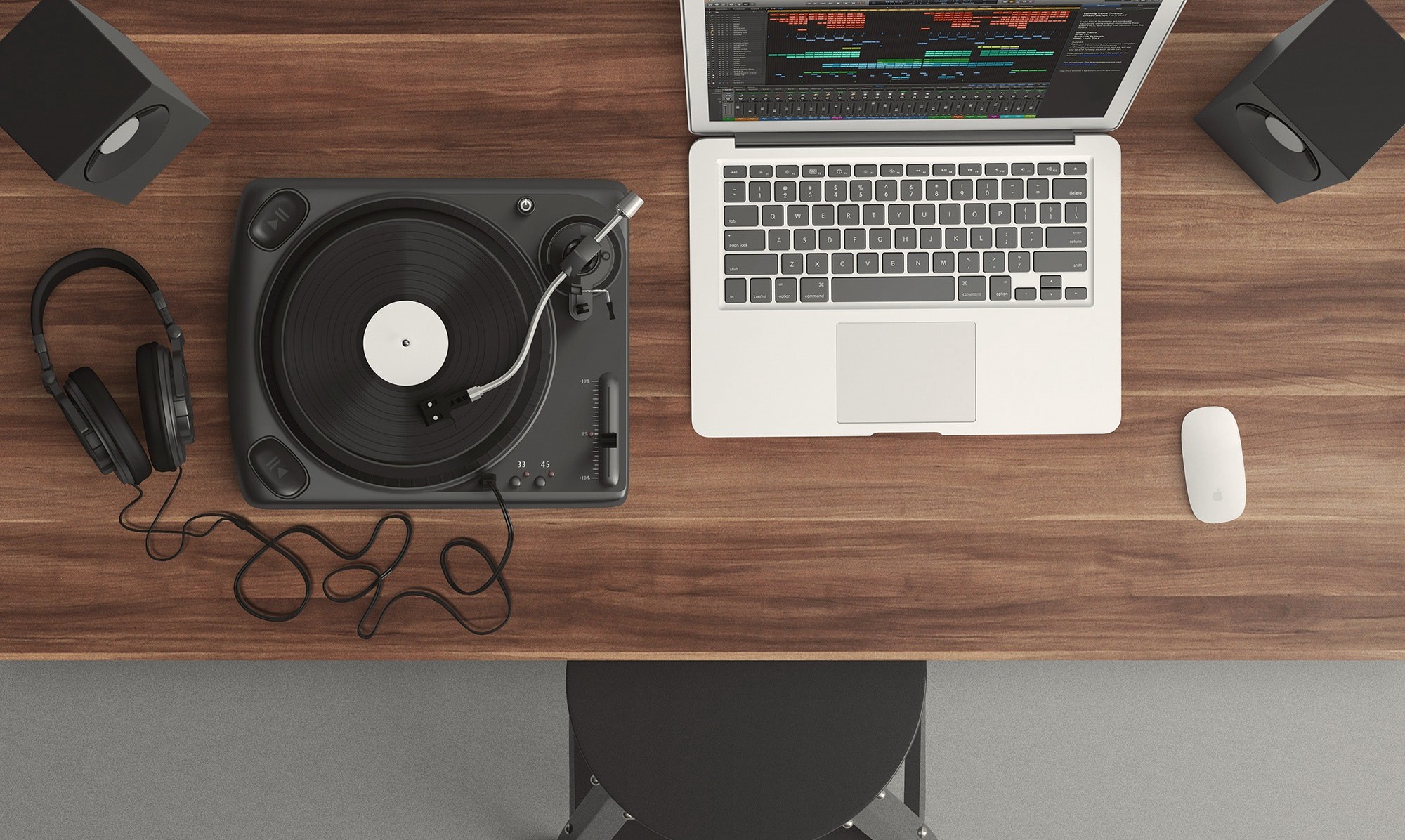
6 Ways to Get Paid For Your Music
1. Join a Collection Society
Every time you hear music in a lift the artist who made it is getting paid. Every time you are in a shop and hear music playing in the background, the artist who made it is getting paid.
In fact, almost any time you hear music played anywhere (out in public, on the radio, on TV etc) the artist/s who made the song are getting paid, every time that song is played. Every artist should get involved with the organisations that take care of royalties for artists.
For example, in the US it’s ASCAP, in Canada it’s SOCAN and in the UK it’s PRS for Music. Most major countries have collecting societies that take care of royalties for artists.
2. Syncs / Placements
Syncs, sometimes called placements, refer to the music used in other media like TV shows, movies, commercials, video games etc. Placements are usually arranged through music supervisors or placement agents and use sound libraries to find music for their projects.
3. Invest in Yourself
As they say, it takes money to make money. Pretty much any method of promoting yourself is going to take a bit of capital to get going – making t-shirts, pressing records and all the rest. But perhaps the first thing you should invest in is your music itself – make sure it’s sounding the absolute best before you start trying to promote it.
Invest in good recording, mixing and mastering. It’s essential to make sure your music is going to sound of high quality in all playback situations. If your music is of bad quality, you’ll have to spend a hell of a lot more money to get people to take notice. No one wants to listen to bad music.
4. Use YouTube Content ID
No matter how you feel about YouTube, you can’t deny the fact that it is the #1 music streaming service. It gets a plethora of views every day and therefore it is platform not to be ignored.
If you upload your music to YouTube you could be getting paid for it. YouTube has a system called Content ID that finds exactly where your song is being used on YouTube. If it finds your music somewhere and you are the copyright owner you can then choose to monetise it by placing ads on the video. You can then get paid for the use of your song – even if the video wasn’t uploaded by you.
Find out more about Youtube Content ID here.
5. Create Merchandise
Whether it’s selling t-shirts, posters or records, merch is a great (and affordable) way to make some money.
In this digital age, there is a lack of extra art that used to come with platforms such as CDs and vinyls. Fans want something authentic that comes from the artist, so give them the option. It doesn’t have to be in person either. Sites like BigCartel and Bandcamp give artists the stress-free tools they need to sell their merch.
6. Fandom
Perhaps, the most valuable currency in music isn’t money, it’s fandom. Nurturing super fans is tough work, but it will pay off in the end. It means being a human first and an aspiring musician second. Super-fans truly love your music and will support it in any way that they can, so it makes sense to try to tap into this! Talk to your fans, meet them face-to-face, be there when they contact you. One of the best things for DIY music promotion is real, genuine fan/artist relationships. So build them.
Finally, as you get paid for your music and you start to build up your cash flow, the best thing you could do is re-invest in your music. Keep a fund that you only access when you have to. Save up and use it wisely to grow your project even more.
And don’t forget to use music distribution!








